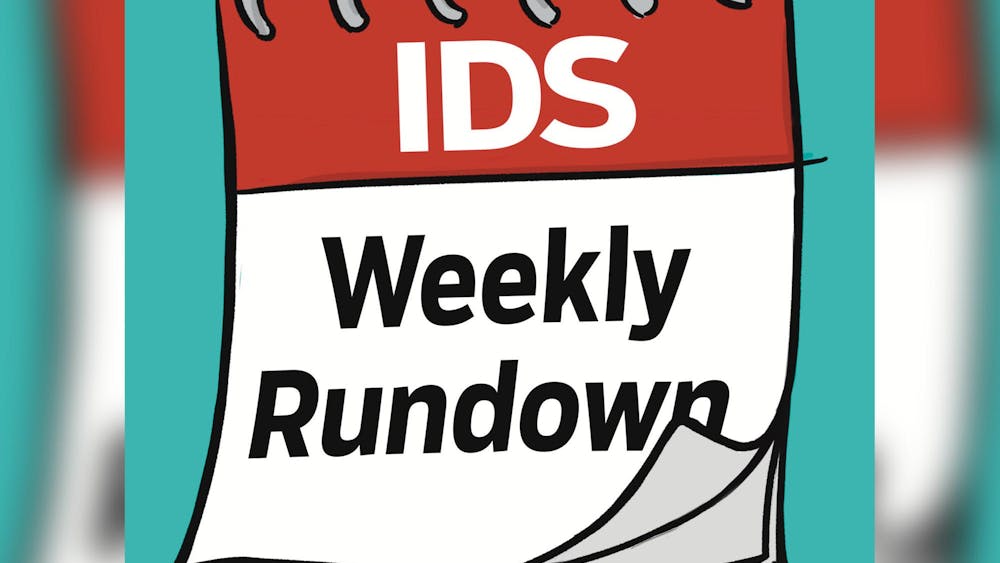A bill in the Indiana Senate that would “prohibit the sale or rental of certain video games to children” has rekindled the subject of constitutional violations in the video-game industry.\nSenate Bill 238, authored by Hartford City Republican Sen. David C. Ford and Ellettsville Democrat Sen. Vi Simpson, would impose fines up to $1,000 to sales clerks and video-game retailers for selling certain games to minors.\nThe bill asks that games labeled M for Mature not be sold to those under 17 and for games labeled AO for Adults Only not be sold to those under 18.\nThe Entertainment Software Rating Board, a nonprofit organization that rates most video games sold, rates games from EC (Early Childhood) to AO (Adults Only).\nSally Jefferson of the Entertainment Software Association said she believes the bill is a violation of the First and 14th amendments.\n“The problem is that it will (regulate) the ESRB ratings system, and by doing that it’s unconstitutional,” Jefferson said.\nJefferson said laws in nine states that tried to enact the same regulations as Indiana Senate Bill 238 were struck down on constitutional grounds. \n“The fact is that video games are like other forms of media – they’re protected speech – and nine courts have struck down these laws,” she said.\nBut Sen. Ford said there is a correlation of violent video games and violence among children, and he pointed to studies from researchers at the IU School of Medicine.\nWilliam Kronenberger, a researcher and a clinical psychologist who is researching the effects of violent video games on brain activity, testified to the U.S. Court of Appeals for the 7th Circuit in 2005 that increased exposure to violence in the media has “negative effects on adolescent brain activity.”\nBut U.S District Judge Matthew F. Kennelly disagreed. Kennelly, in Entertainment Software Association v. Rod Blagojevich, found Kronenberger’s testimony “unpersuasive.” Blagojevich is the governor of Illinois.\nJefferson said that last Monday, when the Senate Economic Development and Technology Committee passed the bill 5-2, the same research Kronenberger cited was used in favor of the bill.\nJefferson said that because the ESRB is not a government entity, its ratings system cannot be regulated by the government. But Ford said the problem Jefferson and the Entertainment Software Association have with the bill is it will affect the sales of video games purchased by minors.\nFord said their arguments are “inconsistent” because, when testifying before the committee last Monday, ESA representatives said they would threaten to sue for damages if the bill were passed.\n“My feeling is that they are hiding behind that, frankly, because all the bill does was say that the industry should enforce its own standards,” Ford said. “If their parents wanted to buy (video games) and give (video games) to minors, they can do that. But it was just to prevent them to selling directly to minors. And the industry comes in and says, ‘Well, we don’t do that anyway, so what’s the problem?’ And yet, we know that they do.”\nJefferson refuted claims by the Indiana senator that her association’s opposition to the bill was because it feared a loss in sales from minors, and she pointed to figures by the Federal Trade Commission to back that up. \n“The average age of people that play video games is 33 years old now,” Jefferson said. “And the average age of people that buy games is 40 years old.” \nDavid Hudson of the First Amendment Center in Arlington, Va., has written several books on First Amendment issues and has followed video game bills across the U.S. He has written about the topic of video games and the First Amendment on www.firstamendmentcenter.org.\nHudson said the laws are “politically popular” and would be surprised if it did not pass. \n“So far these type of bills have fared very well in the legislative branch but very poorly in the judicial branch,” Hudson said. \nHe also said that because the issue of video game bills is always defended on constitutional grounds, many of the cases are challenged on the federal court level. \n“There is a very strong likelihood that it will be challenged by the groups that challenge these laws,” Hudson said, “and there’s a fair chance that it won’t survive constitutional review in federal courts.”
1st Amendment advocates challenge bill that would punish game retailers
Law would ban sale of some games to children
Get stories like this in your inbox
Subscribe





